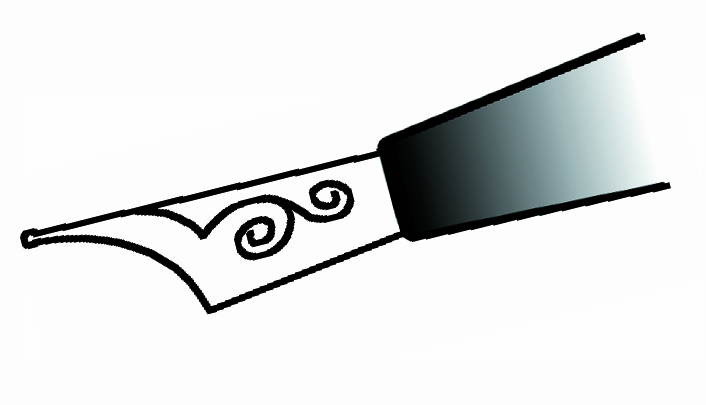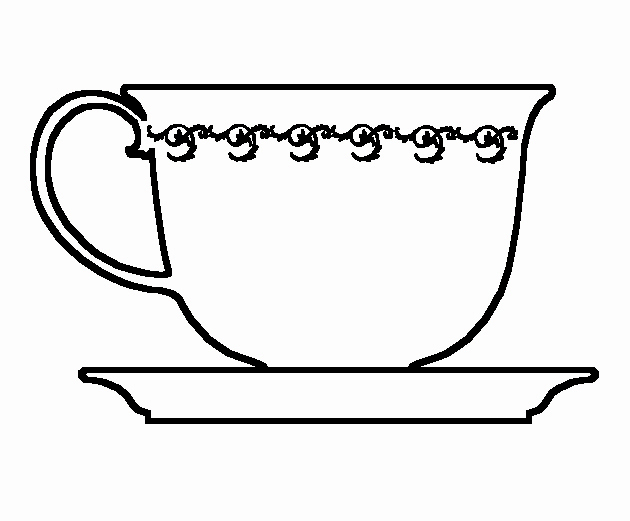Dear Etiquetteer: My question is about the appropriate way to address letters and invitations to former government officials. For example, my business is extending invitations to former governors, senators, and legislators to a formal event to honor an outgoing leader. This leader formerly worked with and on behalf of these former government figures.
I learned that once an elected official, always an elected official. Once President of the United States, always President of the United States. Ergo, letters to a former senator are addressed as follows:
Senator John Doe home address city state zip
Dear Sen. Doe:
However, recent inquiries yielded the following:
The Honorable John Doe Dear Mr. Doe
*-or-*
Mr. John Doe Dear Mr. Doe
Which is it? Or, are the rules different for each station?
Dear Addressing:
The folks over at the Protocol School of Washington back up Etiquetteer’s dimly-remembered reading from Emily Post decades ago. Here they explain that, when one no longer holds a position that only one person can hold at a time, such as President of the United States, one reverts to one’s most recent title that is also not a position that only one person can hold at a time. For instance, Hillary Rodham Clinton should no longer be addressed as “Secretary Clinton” because only one person can serve as Secretary of State. The proper address would be “Senator Clinton.” Bill Clinton, to Etiquetteer’s surprise, is now properly addressed as “Mr. Clinton.” His title before his presidency, Governor, is another of those one-at-a-time jobs.
Dear Etiquetteer:
I've recently had a very unhappy encounters with a friend and am unsure how best to handle.
"Friend" has had some very troubling family dynamics over the last couple of years, of which we've discussed in great detail and for which I have both similar history and deep sympathy. Like many close friends, we’ve shared many personal matters and have, respectively, offered feedback or suggestions. I know the issues "Friend" has been dealing with lately have been very hard and emotionally exhausting and I feel it's my duty, as her friend, to listen and be a comfort if not try to help without interfering. However, when we last met for our sporadic weekend coffee, as she went on about the latest chapter, she flipped when I tried to offer a perspective from my own personal history. I wasn't telling her what to do - just offering a perspective. She got enraged, told me I had no idea what she was going through (which is untrue - I lived through her experience in more ways than one), started jabbing her finger at me, accusing me of crazy stuff that actually had nothing to do with what we were talking about, and went on in a rage until she finally realized I had my hands up saying, "Stop." I calmly told her what she was saying wasn't true and that I'm not the enemy. We quickly ended our visit.
This wasn't the first time she’s flipped out with wild, crazy stuff that has nothing to do with the topic at hand. She's done this in the company of others, at my home with other guests, in front of her kids and mine.
I realize she has serious matters that truly need the help of a professional. And, I feel it is my duty, as one who knows she's on a precipice, to offer compassion. But do I have to be a doormat and take abuse? Is it valid for me to say I feel for you but it's not OK to abuse me? I realize you're an etiquette professional, not a psychologist, but I think my question falls within the parameters of etiquette, yes?
Thank you for any advice you may have!
Dear Helping:
How well Etiquetteer remembers the political wife in Advise and Consent, who cried to her senator husband “All I want to do is stand beside you and you give me no place to stand!” Etiquetteer commends your courage in wishing to continue to be of help to someone you hold dear, but whose behavior, at least, doesn’t reciprocate those feelings.
According to your query, “Friend” has a habit of lashing out, in situations when you’re alone with her or with others. What seems to set her off is when you “share your own perspective,” thereby, in her mind, taking the attention away from her. “Friend” may in fact prefer an audience and platitudes to friendship, good advice, and genuine concern. This does not make her behavior toward you Perfectly Proper (nothing could) or even acceptable. You have the power not to accept being treated that way. When “Friend” launches another Finger-Jabbing Tirade, tell her calmly how sorry you are that you can’t be of help, that it’s not OK to speak so violently to you, and that you’ll speak to her again when she can do so calmly. And then leave. While some might disagree, Etiquetteer would not remain should an instant apology be launched. immediate departure emphasizes one’s self-respect, and that there are limits to what can be endured. Maintaining your own composure is essential to conveying this.
As One Who Knows Etiquette and Is Not a Mental Health Professional, “Friend” appears to need some professional assistance managing the experiences with which she must deal at this time in her life. While this might risk another Tirade, if you feel particularly courageous, you may broach the subject with her. Etiquetteer wishes both you and your friend calmer seas ahead.










